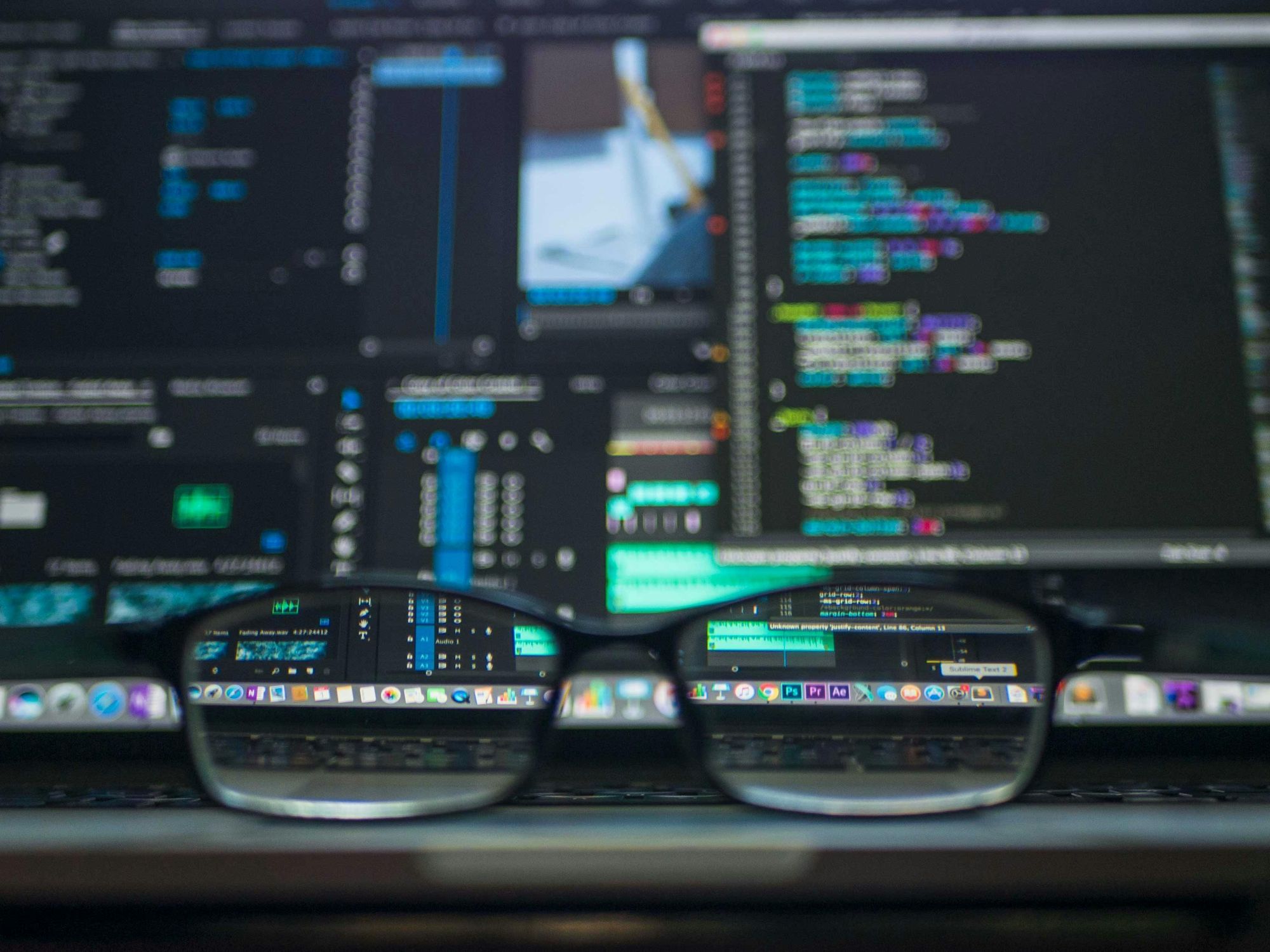Cybersecurity at Work – Why Every Employee Plays a Role
Reading Time:
Reading Time:

Cybersecurity is no longer solely an issue for IT departments and IT experts in today's digitally first world. Our workplace's security—or vulnerability—is influenced by every email we send, document we download, and password we generate. The human element is the most crucial line of protection, even though businesses spend a lot of money on firewalls, antivirus programs, and sophisticated security systems.
Workplace cybersecurity is more than just safeguarding confidential company information. It's about protecting workers' lives, preserving client confidence, and making sure the business can keep running smoothly. Cyber risks are always changing, from ransomware attacks to phishing emails, and each employee is vital to maintaining the security of the digital workplace.
The Growing Risk of Online Attacks
Cybercrime affecting companies of all sizes has alarmingly increased in recent years. Because they frequently lack strong security measures, small and medium-sized enterprises have also become attractive targets for hackers, who are no longer solely interested in large corporations. Reports indicate that human error, such as clicking on a dubious link or using weak passwords, is responsible for more than 90% of data breaches.
This implies that if staff members lack awareness and vigilance, even the most sophisticated cybersecurity measures may malfunction. An ignorant team member can unwittingly open the door to hackers by falling for a phishing email masquerading as a normal request or by reusing the same password across many accounts.
Why Everyone Has a Responsibility to Protect Cyberspace
The days of the IT department handling cybersecurity alone are long gone. The following justifies each worker's responsibility for workplace security:
1. As a gatekeeper, you have access that hackers might try to take advantage of, whether you deal with private client data, corporate reports, or even informal correspondence.
2. Attackers Target People, Not Just Systems – Similar to phishing, social engineering attacks aim to deceive humans rather than computers. Hackers concentrate on altering behavior since they are aware that employees are frequently the weakest link.
3. The Importance of Collective Defense An entire enterprise can be compromised by a single error, such downloading a malicious file. However, there is a considerably greater probability of preventing dangers early when everyone is on guard.
Realistic Strategies for Workers to Boost Cybersecurity
Here are some basic yet impactful habits that employees can take to promote a culture of cybersecurity:
Think Before You Click: Avoid opening emails or links that seem dubious. Always verify the sender's information again, and stay away from downloading unexpected attachments.
Employ Secure, Distinct Passwords: A password such as "123456" or "password" invites hackers. Make complicated passwords and, if need, utilize a password manager.
Turn on Multi-Factor Authentication (MFA): You can make it more difficult for hackers to access your accounts by adding an additional step of verification, such as a code texted to your phone.
Update your devices frequently to fix vulnerabilities. Cybercriminals can take advantage of them if they are ignored.
Creating a Culture Aware of Cyberspace
Companies should cultivate a culture where cybersecurity awareness is ingrained in daily operations rather than relying solely on technology safeguards. This includes:
Frequent Training: Refresher courses, phishing simulations, and interactive seminars assist staff in identifying emerging risks.
Clear Policies: Workers should be aware of the expectations around data handling, personal device use, and problem reporting.
Encouragement of Vigilance: Instead of fostering a culture of fear, companies ought to motivate staff members to take initiative and give incentives to those who spot possible dangers.
Employees are much less likely to make expensive errors when they feel informed and empowered.
The Firewall of Humans
Ultimately, people are the best barrier against cybercrime, not just technology. From the CEO to the intern, every worker adds to what experts refer to as the "human firewall."
The most important lesson learned is that cybersecurity is not something that only occurs in the IT department. Every employee embodies it in their everyday decisions, behaviors, and consciousness. Employees that take accountability and maintain vigilance safeguard not only data but also their coworkers, the company's reputation, and their own careers.
Every employee can make a difference in a world where cyber dangers are changing at breakneck pace. Collaboration between individuals and organizations transforms cybersecurity from a policy into a shared commitment to resilience, safety, and trust.